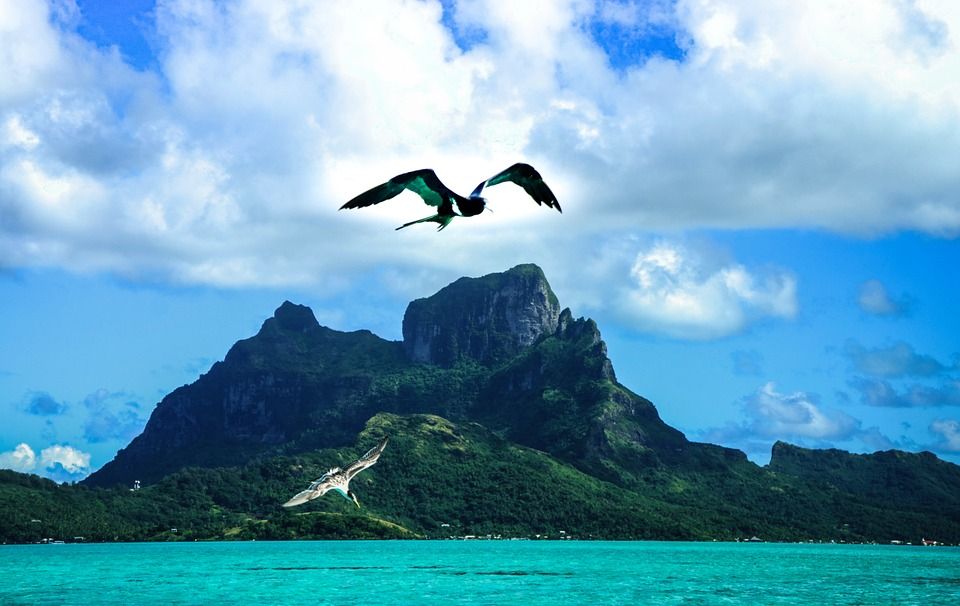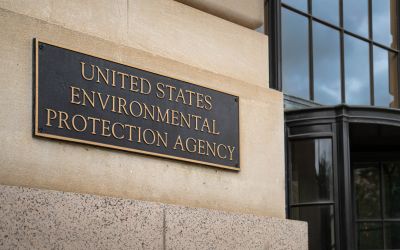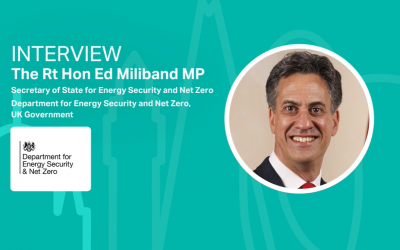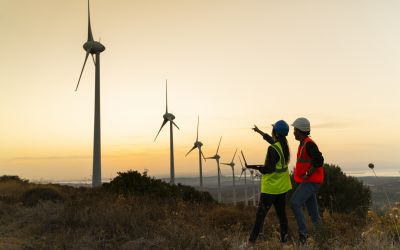World’s first treaty to ban fossil fuels in Pacific islands under consideration
A proposed Pacific Climate Treaty would bind signatories to goals for renewables and ban new or the expansion of coalmines

A proposed Pacific Climate Treaty would bind signatories to goals for renewables and ban new or the expansion of coalmines.
Climate change threatening Pacific island nations such as the Solomon Islands is to be tackled head-on by the world’s first international treaty banning or phasing out fossil fuels, currently under consideration after a summit in the Solomon Islands this week.
14 country leaders agreed to consider the proposition at the annual leaders’ summit of the Pacific Islands Development Forum (PIDF).
Mahendra Kumar, climate change advisor to PIDF told the Guardian: “[Leaders] seemed convinced that this is an avenue where the Pacific could again show or build on the moral and political leadership that they’ve shown earlier in their efforts to tackle climate change.”
With Fiji at its head, the PIDF was created in 2013 without Australia and New Zealand because they are part of the Pacific Islands Forum, which was formed previously.
The PIDF wants to adopt the Paris Agreement 1.5C target and install policies to help the achievement of the goals with mitigation targets and adaptation mechanisms to cope with global warming.
The proposed treaty, which was written by the group of non-governmental organisations called the Pacific Island Climate Action Network (PICAN), will be studied and a report will be presented at the 2017 summit.
According to Kumar, the treaty could be ratified in 2018.
Joeteshna Gurdayal Zenos, acting head of Pacfic Net, which is Greenpeace Australia Pacific’s climate justice project, said: “Pacific island leaders are among the most proactive in the world on global warming because their countries are bearing the brunt of climate changes... Their willingness to consider a Pacific climate treaty shows much-needed leadership on the world’s most pressing environmental challenge.”
PICAN said in a report presenting the treaty: “The rationale is that potential Parties to the Treaty already possess the political courage and commitment needed to adopt a flagship legal instrument that is sufficiently ambitious to prevent catastrophic changes in the global climate system.”
“Such a treaty, when implemented in collaboration with PIDF and civil society, would send a powerful signal to markets, governments and civil society around the world that the end of fossil fuels is near, with Pacific Islanders acting not as victims of climate change but as agents of change.”
“As there is currently no treaty that bans or phases out fossil fuels, the Treaty would set a pioneering example to the rest of the world.”
The treaty would involve sections on climate-related migrations and adaptation and install a fund to compensate for communities that have suffered from climate change.






